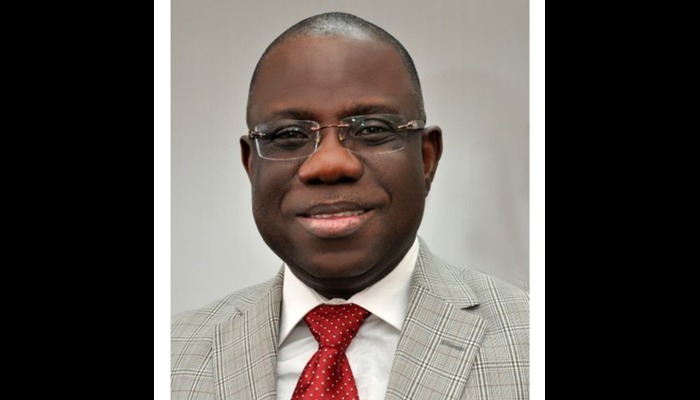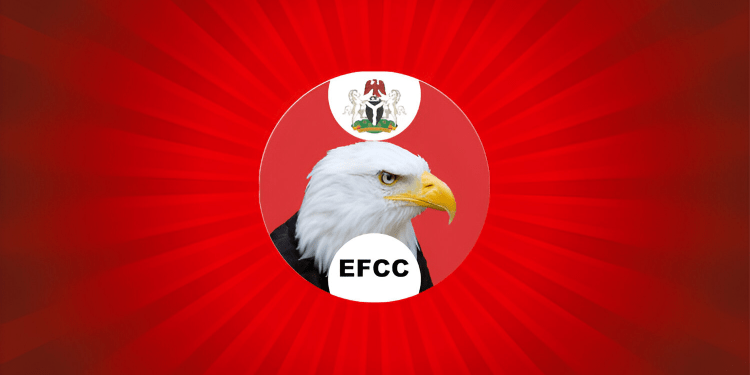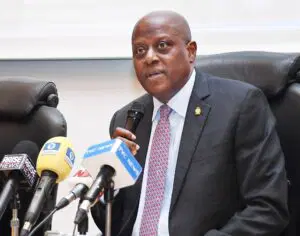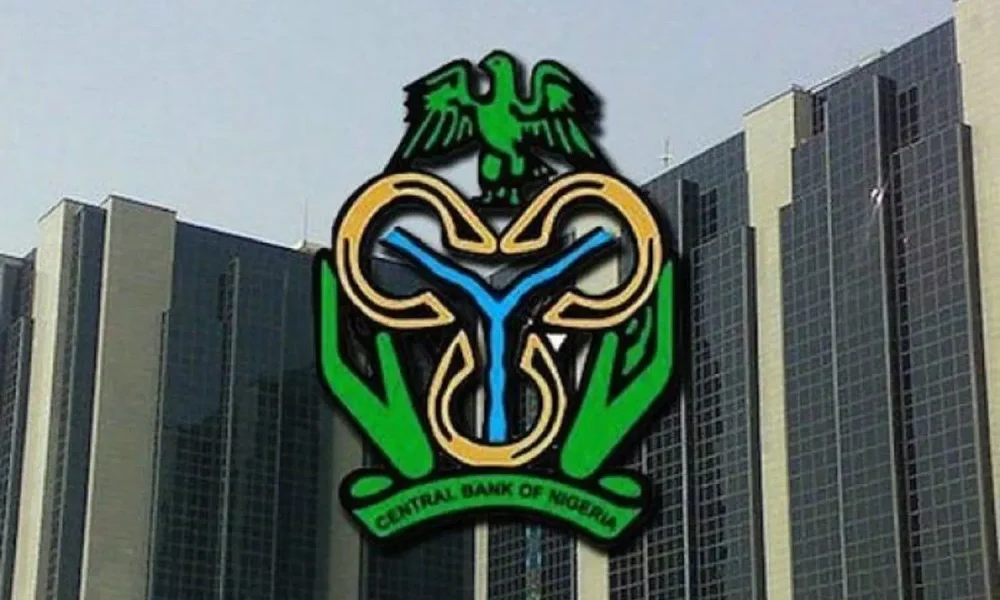The Sino-Afrik Media Documentation and Development Network a non-governmental organisation (NGO), has unveiled plans to publish its first yearly report on China Africa media experience this year, noting that it would further boost cooperation and mutual understanding between Chinese and African media practitioners, while at the same time taming the monster of fake news and misinformation about China Africa relations
This is contained in a press released signed by the Executive Director of the Centre, Dr. Austin Maho, and made available to the press today in Abuja
Dr. Maho stressed that the initiative seeks to enhance media consciousness in the digital media age and to educate media practitioners on the nuances of reporting China and African issues in the face of global media propaganda fake news and misinformation
” Our goal is to provide authentic news about China Africa. As we all know the global information flow is skewed in favour of the global north and the only way to be able to correct this news imbalance is through collaboration and providing the platforms and network for verification of news to enhance objective, balanced and truthful journalism that serves the interests of our peoples”
*To achieve this Sino-Afrik, starting from 2025 plans to carry out a yearly research to document and assess media experience about China African relations., with emphasis on news accuracy, objectivity, fairness and balance. This enables the center to make make appropriate recommendations to address, cases of negative media propaganda, fake news and mis- information”.
Dr. Maho also commended the board of directors of the center for their support and efforts in ensuring that the Sino-Afrik is able to carry out its mandate assuring that once the report is ready it would be made public









